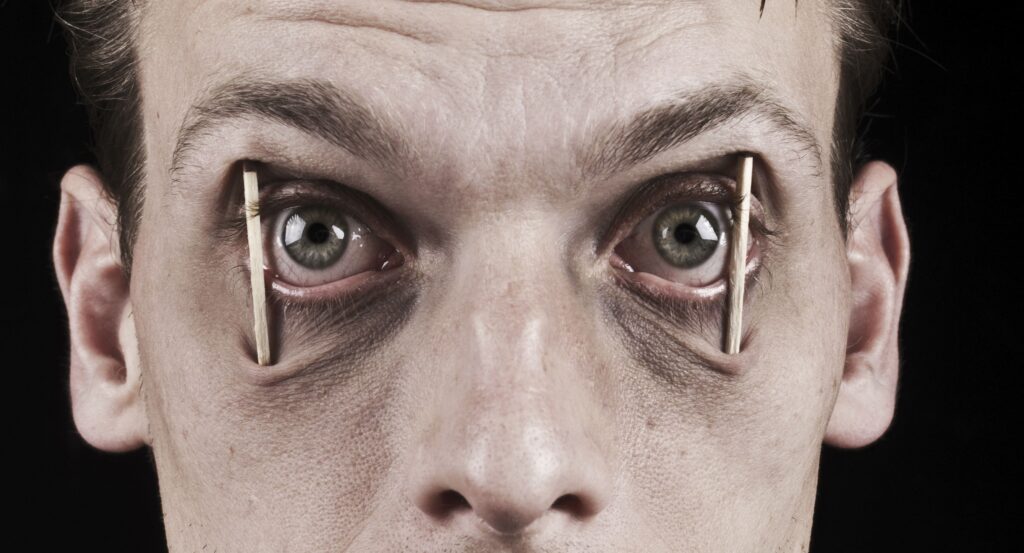Americans are falling short. According to a new study on sleep habits in the United States, in their never-ending quest for adequate slumber, leading to deficits that can impact health.
The study analyzed sleep data on over 9,000 Americans aged 20 and older collected by the National Health and Nutrition Examination Survey between 2017 and March 2020, calling it the first to separately evaluate sleep duration between workdays and free days.
Almost 30% of respondents had difficulty falling or staying asleep, and 27% were extremely sleepy during the day.
The study also discovered that more than 30% of adults had an hour of sleep debt — when you sleeping less than your body requires — and that nearly one in ten adults had a sleep debt of two hours or more.
Obesity, heart disease, dementia, and mood disorders such as anxiety and depression have all been linked to sleep debt and irregular sleep duration.
“This is a well done study examining a very large and representative sample,” said Dr. Bhanu Prakash Kolla, a sleep medicine specialist in the Center for Sleep Medicine at the Mayo Clinic in Rochester, Minnesota.
“At least a quarter of the population complained of daytime sleepiness and difficulties with sleep,” said Kolla, who was not involved in the study.
Jet lag in social situations:
Furthermore, nearly half of the adults in the study experienced social jet lag, which is defined as a mismatch between the timing preferred by a person’s internal biological clock and the one dictated by society.
“The timing of your sleeps on workdays is the societal and work constraints, but the timing of your sleepy on free days is what your body clock really wants you to do,” said Dr. Elizabeth Klerman, a professor of neurology in the division of sleep medicine at Harvard Medical School in Boston.
If you have a big difference between the two, “it’s like you’re living in a state of jet lag during the work week,” said Klerman, who was not involved in the study.
Over 46% of survey respondents reported at least one hour of social jet lag, while 19.3% reported at least two hours.
“With strict work schedules and jam-packed weekend activities, it’s not surprising that many individuals report that their needs are not being met during the week,” said sleep specialist Dr. Raj Dasgupta, a clinical associate professor of medicine at the University of Southern California’s Keck School of Medicine.
Insomnia, early waking or excessive sleepiness, daytime fatigue, difficulty concentrating, constipation or diarrhoea, and increased cortisol levels can all result from untreated social jet lag. It may also contribute to the onset of obesity, type 2 diabetes, and heart disease.
To read our blog on “Odisha Man Dies In Sleep After His Mobile Phone Explodes,” click here
